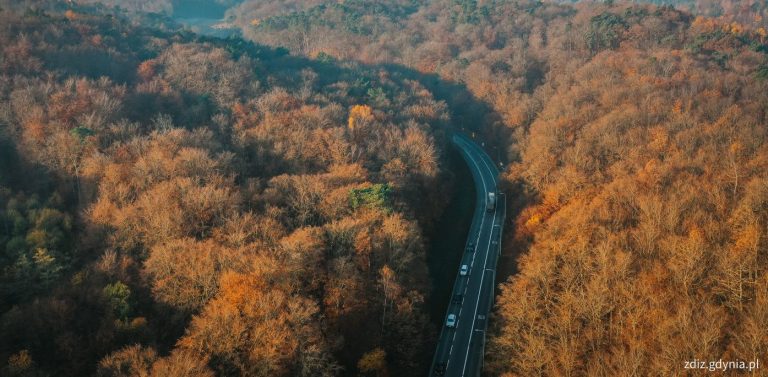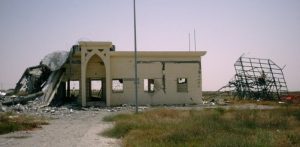In a press conference on Saturday, Prime Minister Mateusz Morawiecki announced that outdoor sporting areas, including football pitches, tennis courts, shooting ranges, go-kart tracks, and horse stables would be open as of May 4 as part of Phase II of easing lockdown restrictions.
In especially good news for fans of football and żużel, Ekstraklasa league matches are set to resume May 29 (albeit without spectators), with speedway races resuming in mid-June. “Sport will return to the stadiums, return to our homes. I am convinced that it will be a symbol of a return to normality,” declared Morawiecki.
Plans for Phase III include opening indoor gymnasiums and sports halls, subject to limits on the total number (6) of players, followed by the reopening of swimming pools and fitness centers in Phase IV.
According to Morawiecki, the timing for advancing through each phase will be dependent upon the growth in coronavirus cases and on the number of available beds in hospitals and infectious wards.
In the continuing effort to fight coronavirus, a team of Polish researchers are preparing to unveil the world’s first COVID-19 susceptibility test.
According to Jacek Wojciechowicz, Head of Research and Development at the DNA Research Center in Poznań, the test would make it possible to determine which patients would be likely to require hospital treatment at an early stage of the illness and have a worse prognosis. The test, which is set to be unveiled sometime in the next two weeks, should help doctors more effectively diagnose and treat patients infected with the disease.
As of 10:00 this morning, 11,761 people in Poland have been diagnosed with COVID-19, of which 539 have died, 2,759 are currently hospitalized, and 2,466 have recovered.
Over the weekend, firefighters managed to successfully contain a wildfire in Biebrzański Park Narodowy that had been burning for nearly a week.
At 59,000 hectares, the Biebrza nature reserve is Poland’s largest national park and is home to a wide range of protected wetland and aquatic animal species. According to Radio Poland’s IAR news agency, the 5,300-hectare blaze in eastern Poland was “almost certainly” caused by illegal grass burning, a common practice by people attempting to clear their land.
As forests reopen after the recent lockdown and the Majówka holiday weekend approaches, experts and government officials are warning residents to be especially cautious in forest areas, as an unusually warm winter and a lack of spring rain have exacerbated the ongoing drought and primed conditions for additional fires.
While some Poles celebrated Easter by painting eggs, Polish composer Katarzyna Kwiecień-Długosz decided to compose a piece for carillon inspired by the coronavirus pandemic.
According to the composer, the piece, entitled “Ad Fontes,” or “Return to the Source” was inspired by Psalms 42 and the “search for hope” during a pandemic which is “forc[ing] us to ponder the sources of our identity, humanity, and spirituality.”
The carillon consists of a series of 23-77 cast bronze bells played in a manner similar to a pipe organ. Gdańsk is one of only eight cities in Europe and the only city in Poland which has carillons; one is located in the tower of the Main Town Hall (Ratusz Głównego Miasta), and the other in St. Catherine’s Church (Kościół św. Katarzyny).
The 40-minute composition will be played by Monika Kaźmierczak and have its online premiere this Friday at 17:00 on the facebook page of the Museum of Gdańsk: https://www.facebook.com/carillony.
Weather
Today will be partly cloudy and mild with a light breeze coming in from the south and west. Temperatures will peak around a high of 18°C, or 64°F with only a slight drop to 6°C or 43°F overnight. Similar warm weather is expected for tomorrow, with some long-awaited rain due to arrive midweek.
Elizabeth Peck/ako







